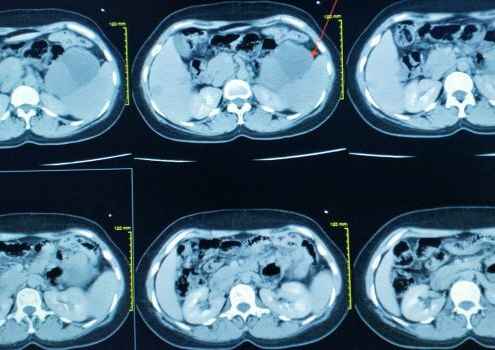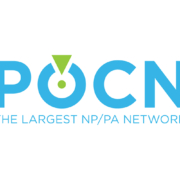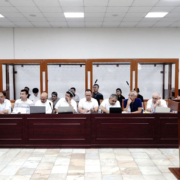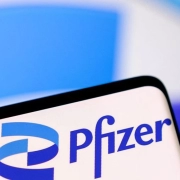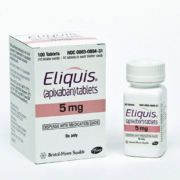Ipsen to file sNDA for pancreatic cancer drug following positive Phase III results
Ipsen to file sNDA for pancreatic cancer drug following positive Phase III results
Published: Nov 09, 2022
By Alex Keown
BioSpace
Ipsen will seek a new approval for Onivyde (irinotecan liposome injection) as a treatment for metastatic pancreatic ductal adenocarcinoma (mPDAC) after posting positive Phase III progression survival data.
France-based Ipsen will file a supplemental New Drug Application with the FDA for Onivyde in combination with 5 fluorouracil/leucovorin and oxaliplatin. In 2020, the FDA granted Onivyde Fast Track designation for this indication.
Ipsen reported Onivyde and 5 fluorouracil/leucovorin and oxaliplatin demonstrated a statistically significant improvement in overall survival compared to nab-paclitaxel plus gemcitabine regimen.
The study also met its key secondary endpoint of progression-free survival. The treatment regimen maintained a safety profile that was consistent with the previous Phase I/II study.
In the NAPOLI3 study, participating patients received Onivyde and oxaliplatin and 5 FU/LV twice per month or an injection of nab-paclitaxel and gemcitabine administered three times a month. The trial included about 770 patients. Beyond progression-free survival, secondary endpoints also included objective response rate, quality of life assessment and incidence of treatment-emergent adverse events.
The positive NAPOLI3 data showed treatment with the Onivyde-led regimen extended the lives of people with mPDAC who were previously untreated, said Howard Mayer, executive vice president of research and development at Ipsen.
Metastatic pancreatic ductal adenocarcinoma is a common form of cancer of the pancreas, and it has a high mortality rate that’s measured in months, rather than years. Metastatic PDAC is projected to become the second leading cause of cancer-related mortality by 2030, according to Ipsen.
The prognosis for pancreatic cancer patients is typically poor, particularly since PDAC is often diagnosed after the disease has become advanced, Mayer said in a statement. Fewer than 20% of people diagnosed with PDAC live longer than one year. Overall, pancreatic cancer has the lowest 5-year survival rate of all cancer types globally and in the U.S.
Treatment with the Onivyde regimen could provide a hopeful new treatment option for people living with an aggressive and hard-to-treat cancer.
Onivyde is a liposomal topoisomerase inhibitor designed to interrupt DNA replication in cancer cells.
The drug facilitates the release of the cytotoxic payload into the tumor, including irinotecan and its conversion into SN-38, its active metabolite. It’s currently approved in the U.S. in combination with fluorouracil and leucovorin for the treatment of patients with metastatic adenocarcinoma of the pancreas after disease progression following gemcitabine-based therapy.
The positive mPDAC data was a boost for the Onivyde development program after the drug missed the mark in a recent lung cancer study. In August, Ipsen reported that Onivyde failed to meet the primary endpoint of overall survival in the Phase III RESILIENT study in small cell lung cancer.
Source: BioSpace

